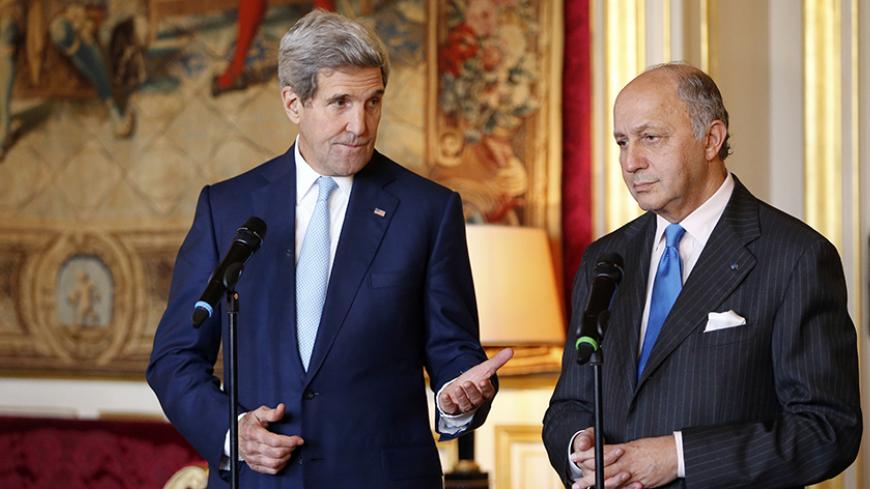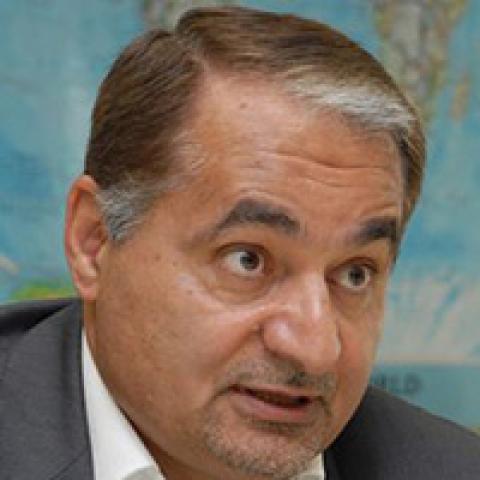Iran and the P5+1 — the five permanent members of the UN Security Council plus Germany — failed to reach a final deal on Iran's nuclear program before the Nov. 24, 2014, deadline. However, they agreed in Vienna to a new March 2015 deadline for a political agreement and a final agreement (inclusive of annexes) by July 1. The next round of talks is scheduled for mid-January.
Informed European sources told me that the negotiators were on the verge of announcing a political agreement in Vienna, but it was blocked for apparently unknown reasons. US Secretary of State John Kerry said: "In recent weeks, we have seen new ideas surface, flexibility emerge, that could, I repeat, could help resolve some issues, that had been intractable." Interestingly enough, just a few days after the November marathon talks, Israeli Prime Minister Benjamin Netanyahu acknowledged that “Israel had a critical role in stopping a deal with Iran.”



